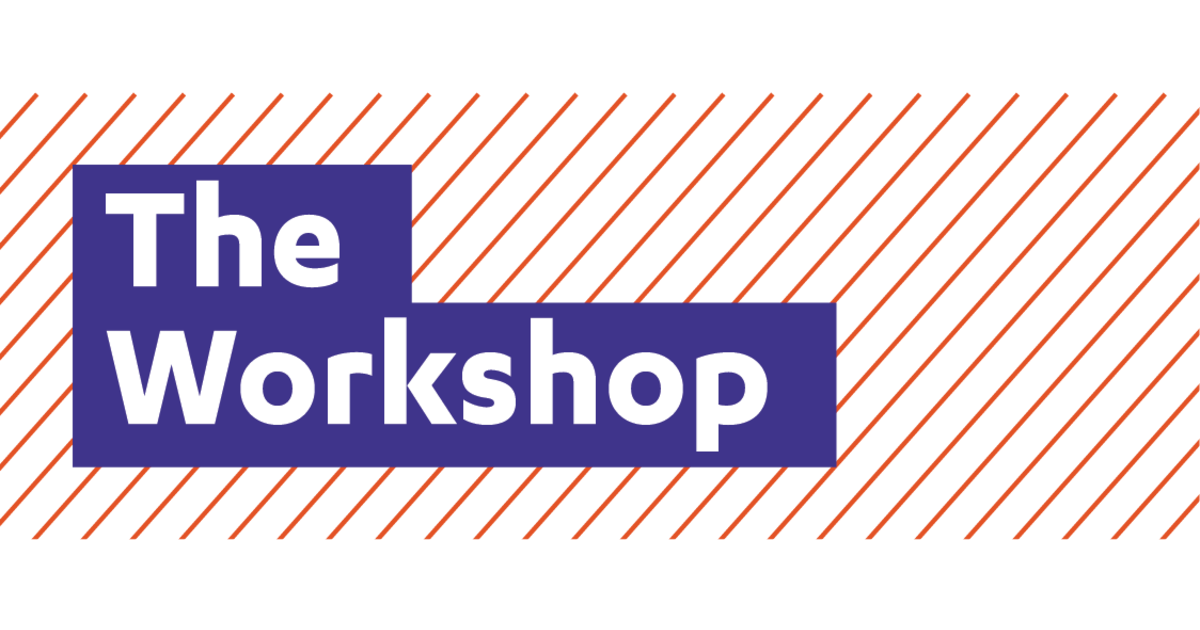Kia ora from Marianne,
Most people in Aotearoa want a future in which everyone is cared for and can live in ways that nurture our collective wellbeing. To make that future our reality, many of you are working to build a compassionate and fair criminal justice system, and to shift our shared focus and resources away from punishment toward prevention, restoration, accountability, community, whānau, wellbeing and care.
This is a deeply personal vision for me. I grew up in a community in which too many young people were swept into the maze of the criminal justice system. When I was a kid, my father took me with him to visit some of those young people in prison. Even as a child I could see they needed more - not less - connection to their communities and families. Locking them away from us made no sense to me.
Until he died in 2019, Dad never wavered in his belief that we could and should take a more caring and less punitive approach to justice. Since then our research and work to shift narratives and mindsets about crime and justice has been an opportunity for me to contribute to Dad’s vision, a vision I also share with many of you.
Today is an exciting day for me, because we are launching our new narrative training on crime and justice. The training, starting 20 April, is based on the research we did in collaboration with JustSpeak, funded by the Borrin Foundation, Tindall Foundation and the JR McKenzie Trust.
Shifting public understanding and beliefs about crime and justice
One significant barrier preventing the big shift we need away from punishment is what the public believes about why people commit crime and how society should respond, we call these shared mindsets.
The people who hold the power to make the changes needed, politicians and decision makers, are led by what people in the public support and demand. Shallow and inaccurate public understanding of crime and punishment is holding the status quo in place.
For example, one shared mindset to emerge in our research was the belief that people commit crime after weighing up the costs and benefits of a criminal action. This mindset leads to public support for solutions to crime that increase the costs to individuals (i.e. harsher punishments).
As people advocating for change in our justice system, how we talk about crime and justice can work to deepen understanding and shift public beliefs about crime. How we communicate about an issue, our words and the images we use, can influence how people think about that issue. That is why Changing how we talk can build public support for a big shift away from punishment and incarceration to prevention, restoration, accountability, wellbeing and care. Public support is what people in power need to see and feel in order to use their power to create the changes that will make the biggest difference.
This new training course will equip you to communicate about crime, punishment and our criminal justice system in ways that research has shown will help build public support for big changes in how we prevent and respond to crime.
Shifting the rock of public understanding
You can think of politicians and decision makers as a balloon tied to a rock. Through individual advocacy and influence we can shift the balloon a small amount, as far as the rope tethered to the rock of public understanding will allow.
To create long lasting significant change, we need to deepen public understanding about crime and justice. When you shift the rock of public understanding, you take the balloon with you, giving decision makers the support and mandate they need to create change.
We can use effective narratives, woven through the stories we tell, about crime and justice to deepen public understanding and shift beliefs and mindsets
Working together to shift the narrative
Understanding the power of narratives to create change is an important step towards a more compassionate and fair criminal justice system. The next step is knowing which narratives are effective in helping people think differently about crime and justice, and then knowing how to use them.
The Workshop’s narrative guide “How to talk about crime and justice” provides evidence based advice on narratives you can use in your work that will help deepen understanding and build support for changes to create a more compassionate and fair criminal justice system.
Shifting the narrative is intentional and collective work. In The Workshop’s upcoming Reframing crime and justice training you can join other people advocating for change in the justice system, to learn more about the power of narratives to create the conditions for change, which narratives are most effective in building understanding and support, and how individually and collectively to put this into action.
We’re offering two training options, one that reflects the needs of community advocates working for change from outside of the public service and criminal justice system, and one for those working for change in the public service and justice system. Both trainings start 20 April and run through to 25 May 2023.
Community advocates and people working from outside the public service and criminal justice system can register their interest to attend training generously funded by the Borrin Foundation and supported by JustSpeak.
Register your interest for community advocate training
People working for change in the public service and criminal justice system can book their place on The Workshop’s Reframing Crime and Justice training.




